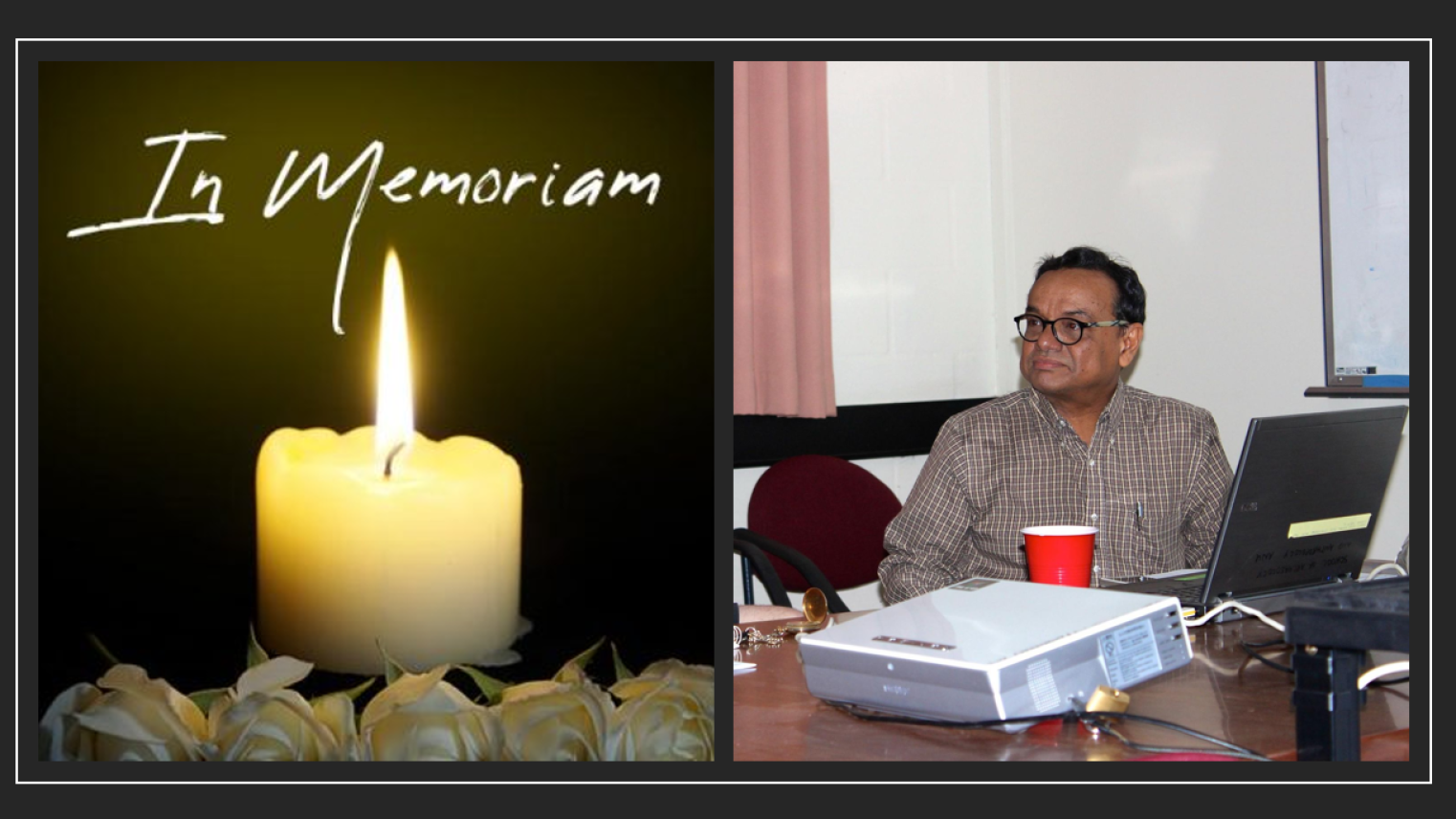The passing of our friend and colleague Umar Assegaf

In memory of Umar Assegaf
5 September 1959–1 August 2025
By Kathryn Robinson, Muhammad Kavesh and Eva Nisa
We sadly note the passing of Habib Umar Faruk bin Segaf bin Abdurrahman Assegaf—Umar Assegaf—on 1 August. He was a student at ANU from 2008 to 2020, in which time he completed an M Phil (March 2012) and PhD (awarded 26 June 2020). His warmth, intellect and generosity touched so many lives.
Kathryn first met Umar in 2000 when he was the ever-curious and affable Australian correspondent for Indonesia’s state-owned news agency, ANTARA (from 2000 to 2003). Between 1988 and 2003 he built a distinguished career with ANTARA, including serving as editor of the international desk, and as Middle East correspondent based in Teheran. As a journalist in Canberra he was a familiar presence at seminars and conferences on Indonesia, Islam, and regional politics. Always cheerful and always ready with a smile, he soon became part of the lively network of Indonesia scholars.
When he turned to academic life, Umar brought the same intellectual courage. His 2008 M Phil thesis was on the topic of Shi’a influenced practices in Indonesia, a bold choice for research on a country where Islam is overwhelmingly Sunni. In 2014 he began his PhD in Anthropology, choosing as his field site the Al Khairaat pesantren (Islamic educational foundation) in Palu, Central Sulawesi, a remarkable institution with alumni across Eastern Indonesia and Kalimantan.
Kavesh remembers those early PhD years. Umar was not only hospitable and kind, but also deeply engaged with ideas. He was particularly drawn to Saba Mahmood’s Politics of Piety and the question of “agency,” and discussed for hours how the shaping of a morally reformed self could ripple outward into the ethical and political spheres of life. Umar considered Mahmood’s arguments through the Indonesian context, with its unique intersections of history, piety, and community
Kathryn visited him in his field site in 2016. Umar was happily ensconced in a building owned by the Al Khairaat foundation, woven into the life of the institution and warmly embraced by the family of its founder, Habib Sayyid Idrus Bin Salim Aljufrie, otherwise known as Guru Tua (The old teacher). Al Khairaat’s philosophy stresses human values, tolerance, and openness, values that resonated deeply with Umar’s own temperament. Kathryn recalls joining him in Al Khairaat activities and also attending the extraordinary celebration of Isra Mi’raj (an event commemorating the Prophet Muhammad’s miraculous night journey from Mecca to Jerusalem and his ascension to the heavens) in Palu, at which the founding stories of Islam in this part of Indonesia came alive in song, prayer, and ritual. These Sufi-inflected traditions formed the heart of Umar’s thesis, a work that remains a vital study of this influential institution.
Umar’s kindness extended beyond scholarship. Kathryn remembers a long road journey with him through areas of Central Sulawesi still considered “sensitive” after the conflict in Poso, when he elected to accompany her on the journey to her field site in South Sulawesi. At the provincial border, the road was unexpectedly blocked by a boom gate and guarded by soldiers, something she had never before experienced crossing provincial boarders in Indonesia. Kathryn, unnerved, watched as Umar stepped out of the car, smiling and unflustered, and with a few words and gestures smoothed their passage. It was typical Umar: charm, grace, and calmness dissolving tension.
His friends recall countless other gestures. Kavesh remembers how Umar delighted in gathering people: whether at his table for meals, on sightseeing trips, or in his home for Eid celebrations. His warmth and hospitality were unbounded. He greeted everyone with a broad, friendly smile and almost no one remembers him cold or unwelcoming.
Umar survived one brush with cancer but fell ill again this year. He leaves us too soon. Yet he remains with us in memory: as a journalist who chronicled the world with clarity, as a scholar who illuminated a vital strand of Indonesian Islam, and above all as a friend who lived generously and carried himself with a grace that lifted those around him.
Umar is survived by his wife Syarifah and his three children.
He will be missed, and he will be remembered.